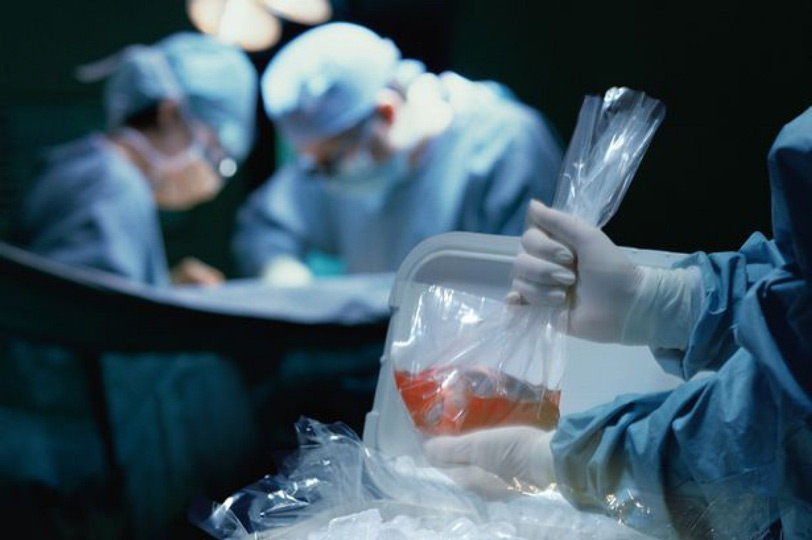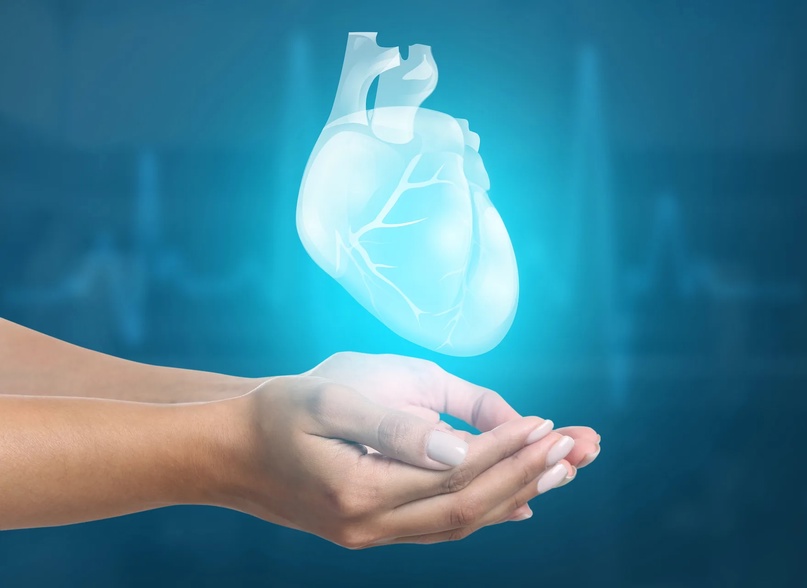Askletion is on the line! Let’s go through the process of selecting a donor. Who can they be? What documents will be required? Who approves the donor? Figure it out in this article!
WHO IS ELIGIBLE TO BE A DONOR IN TURKEY:
- a relative up to the 4th generation of the patient;
- a relative of the spouse up to the 4th generation (if the patient has been married for more than two years);
- the patient’s husband or wife (if married for more than two years);
- ex-husband;
- ex-wife;
- non-biological father or mother, if married to the patient’s parent for more than 2 years, as well as their children;
- a family friend (requires approval from the ethics committee).
If the donor is a family friend, seek confirmation from the ethics committee. The committee is a judicial body independent of the hospital.
HOW MUCH IS COMMISSION?
Commission is charged to cover several services:
- notary fees;
- sworn translator fees;
- commission fee;
- consultation and processing;
- documents for the commission.
The total amount due for the donor confirmation will be 6000$.


WHAT DOES THE DONOR NEED TO PROVIDE?
Tests:
- Hepatitis B, Hepatitis C, AIDS;
- Hemogram (general blood test);
- Creatinine, ALT, AST, GGT, bilirubin, urea.
Also important are:
- donor’s height and weight;
- age. Not older than 55 years, but if a person does not have health problems, people up to 60 years old are admitted to donorship.
What are the contraindications?
- diabetes;
- blood pressure issues;
- oncology.
WHAT DOCUMENTS DOES A DONOR NEED TO SUBMIT?
- international passport (personal data, title page);
- birth certificate;
- certificate of residence registration (registration);
- marriage certificate (if the donor is married);
- income statement from the workplace;
- bank statement, money transfer history for the last 3 months;
- certificate of no criminal record;
- certificate of no debts;
- psychological test (this document is done in Turkey upon the donor’s arrival).
WHAT WILL BE AN ADVANTAGE FOR A DONOR WHEN THE DOCUMENTS ARE REVIEWED BY THE ETHICS COMMITTEE?
- Documentary evidence of close relationship (this can be an old photo or a long correspondence). The purpose of this document is to demonstrate longstanding acquaintance between the patient and the donor.
- Documentary evidence of donor’s financial good standing: property ownership, bank account balance, own business, etc.
- Documentary evidence confirming the donor’s significance: volunteer activities, distinguished titles (such as doctor, teacher, military personnel, athlete), or receiving a diploma with honors/gold medal for academic achievement.

